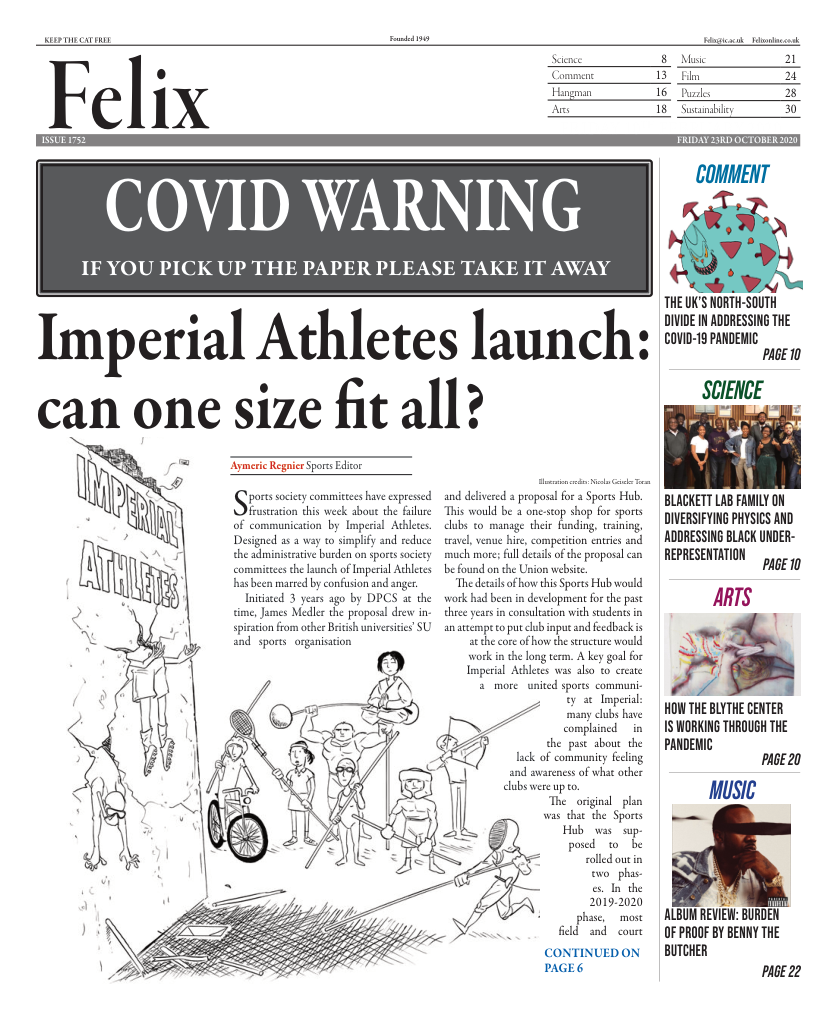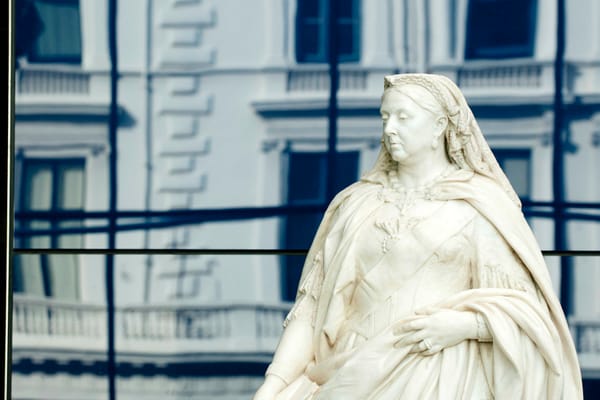Representation matters: The Blackett Lab Family on creating a sense of belonging
The Blackett Lab Family is a growing collective of UK based Black physicists. In doing so, we hope to fundamentally diversify the perception of physics and physicists within the Black community and the wider scientific community

We – The Blackett Lab Family – are a growing collective of UK based Black physicists. Some 15 years ago, physics teaching fellow, Dr Mark Richards, and two physics undergraduates formed a friendship that became a foundation for mentoring and support of future Black physicists following in their footsteps through the famed Blackett Laboratory. Year after year, as our group grew in numbers, we became acutely aware of our unique identity: a group of Black people with a passion for physics and positive representations of the Black community – and with this awareness came a recognition of our potential to have real social impact. We grew from the need for a safe space in which the handful of Black students in the physics department could share a sense of belonging and feel supported in what is – for many Black students generally – a profoundly challenging academic and social environment.
In the US, a similar story transpired when a group of Black physicists convened in response to inaction by the American Physical Society against discrimination and underrepresentation. Founded in 1977 at Morgan State University, the National Society of Black Physicists (NSBP) today promotes the professional wellbeing of African American physicists within the scientific community. It seeks to develop and support efforts to increase opportunities for African Americans in physics – and to increase their numbers. In the UK, The Blackett Lab Family are uniquely placed to work towards a similar end. Our mission is to diversify perceptions of physics and address underrepresentation of Black people at all levels in the field. The three pillars supporting this mission are: to represent – giving voice to an underrepresented group of Black individuals; to connect – bringing UK based Black physicists together to form a community of talent and passion; and to inspire – ourselves, and others, regardless of gender, ethnicity, age or occupation – but particularly the future generation of Black physicists.
When we came together in a more official capacity, the potential for The Blackett Lab Family to have a much broader impact was clear. We had a model of social togetherness that worked successfully at Imperial; scaling this up to become a national community just felt right. As our student and professional lives diverged over the years, it became more difficult to arrange link-ups for so many busy people.
As the country went into national lockdown, we quickly realised it gifted us a unique opportunity to hang out together virtually – and in doing so, we stumbled upon the mechanism to enact the national reach we always wanted to have. Our influence and visibility on social media quickly took off – and global events that followed only made our presence and mission all the more vital. Racial injustice made its way once again to the forefront of public consciousness, impelled by the tragic deaths of Breonna Taylor and George Floyd, and the global uproar decrying systemic racism swelled to fever pitch. It magnified the urgency of our work, and the need to create a platform to celebrate Black positivity at a time of acute pressure on the mental wellbeing of Black people.
To date, in just under six months, we are immensely proud to have connected with Black physicists at multiple universities across the UK, including Nottingham, Warwick, Glasgow, and Edinburgh, and to have inspired allies in other physics departments to pursue similar projects that foster and nurture their Black student population. Our projects have enabled both social and educational discourse – online discussion panels have focused on topics like Why Representation Matters, and our Instagram page has facilitated the recognition and celebration of the work of UK based Black physicists at Imperial and beyond. Indeed, the physics department at Imperial have recognised our work and have set up a page on its website dedicated to celebrating the contributions of its Black alumni to science, education and industry.
We are working on developing further partnerships and programs that nurture and support more Black physicists in the UK, and on continuing to connect and support the wellbeing of current students and professionals. In doing so, we hope to fundamentally diversify the perception of physics and physicists within the Black community and the wider scientific community: such grand ambitions start with The Blackett Lab Family simply existing. Seeing and interacting with other people that look like you, and who share similar experiences to you, is so powerful in fostering that crucial sense of belonging, and ultimately, a sense of personal validity – that “if they can, I can.”





